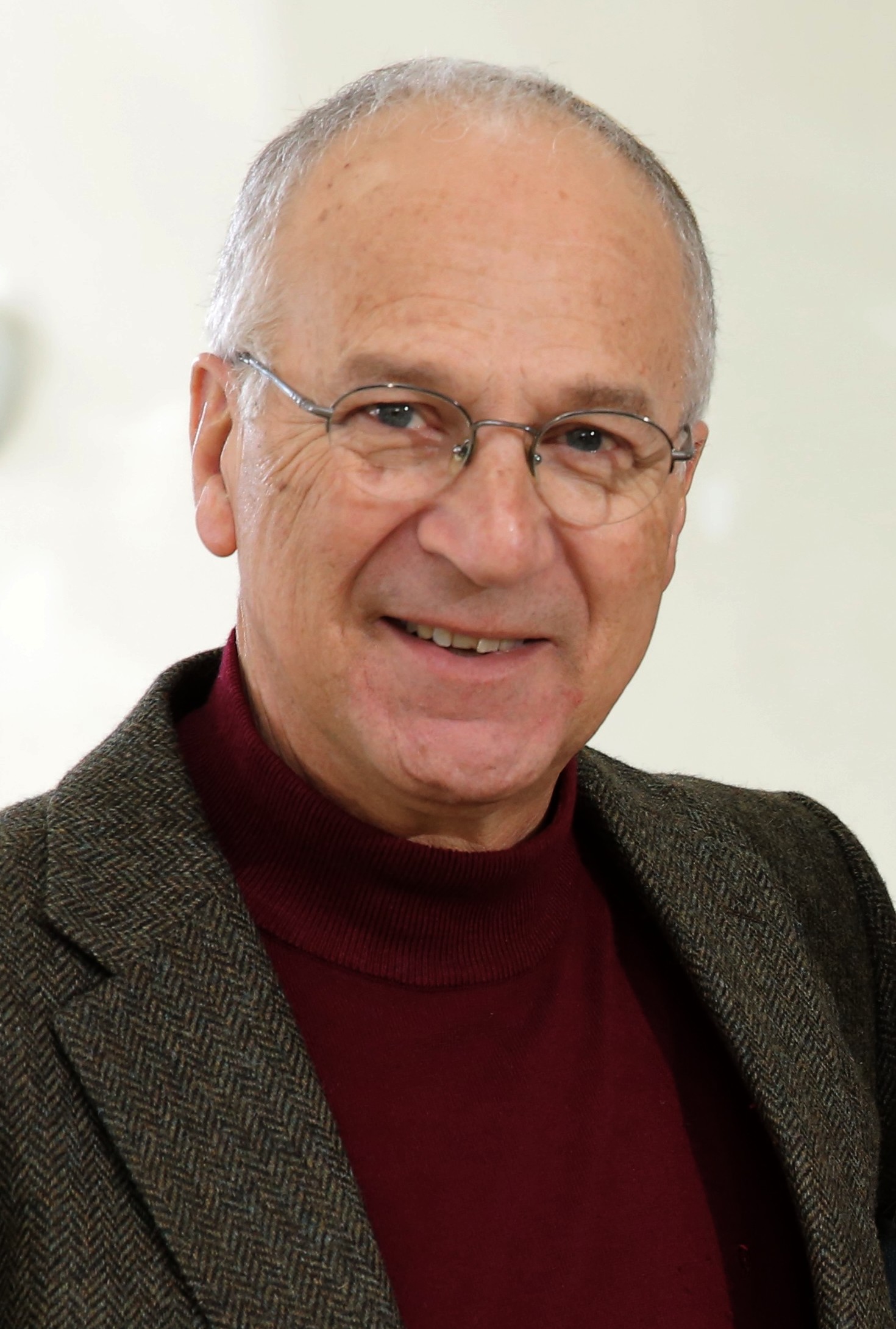Keynotes - David Harel, Weizmann Institute of Science; Israel Academy of Sciences and Humanitites

Title: On Odor Reproduction, and How to Test For It
David Harel, Weizmann Institute of Science; Israel Academy of Sciences and Humanitites
Date/Time: Tuesday October 20, 12:00 - 14:00 UTC
Abstract: For years there has been interest in the possibility of building a reliable odor reproduction system (ORS), with its vast spectrum of applications: from e-commerce, games and video, via the food and cosmetics industry, to medical diagnosis. Such a system would enable an output device --- the whiffer --- to release an imitation of an odor read in by an input device --- the sniffer --- upon command. To realize this scheme, one must carry out deep and complex research that combines computer science and mathematics with chemistry, physics and biochemistry, and brain science with psychophysical work and human physiological experimentation. In the process, we expect a deep understanding of this least understood of our senses to emerge. I will discuss the feasibility of an ORS, and will also address the question (not unlike Turing’s 1950 question about artificial intelligence) of how to test the validity of a candidate ORS, in face of the impossibility of naming odors in general, and despite the fact that such systems still being far from being viable. The importance and nontrivial nature of the question are discussed, and a novel testing method is proposed, which involves ideas from imitation and recognition, taking advantage of the availability of near-perfect reproduction methods for sight and sound.
Brief Biography
Prof. David Harel has been at the Weizmann Institute of Science since 1980, serving in the past as Dean of the Faculty of Mathematics and Computer Science. He is currently also Vice President of the Israel Academy of Sciences and Humanities. He has worked in logic and computability, software and systems engineering, modeling biological systems, odor reproduction, and more. He invented Statecharts and co-invented Live Sequence Charts. Among his books are “Algorithmics: The Spirit of Computing”, “Computers Ltd.: What They Really Can't Do” and "Come, Let's Play: Scenario-Based Programming Using LSCs and the Play-Engine". His many awards include the ACM Karlstrom Outstanding Educator Award, the Israel Prize, the ACM Software System Award, the Eme”t Prize, and five honorary degrees. He is a Fellow of ACM, the IEEE, the AAAS and the EATCS, a member of the Academia Europaea and the Israel Academy of Sciences and Humanities, a foreign member of the US National Academy of Engineering, the American Academy of Arts and Sciences and the US National Academy of Sciences, and a Fellow of the Royal Society (FRS).